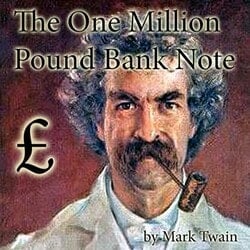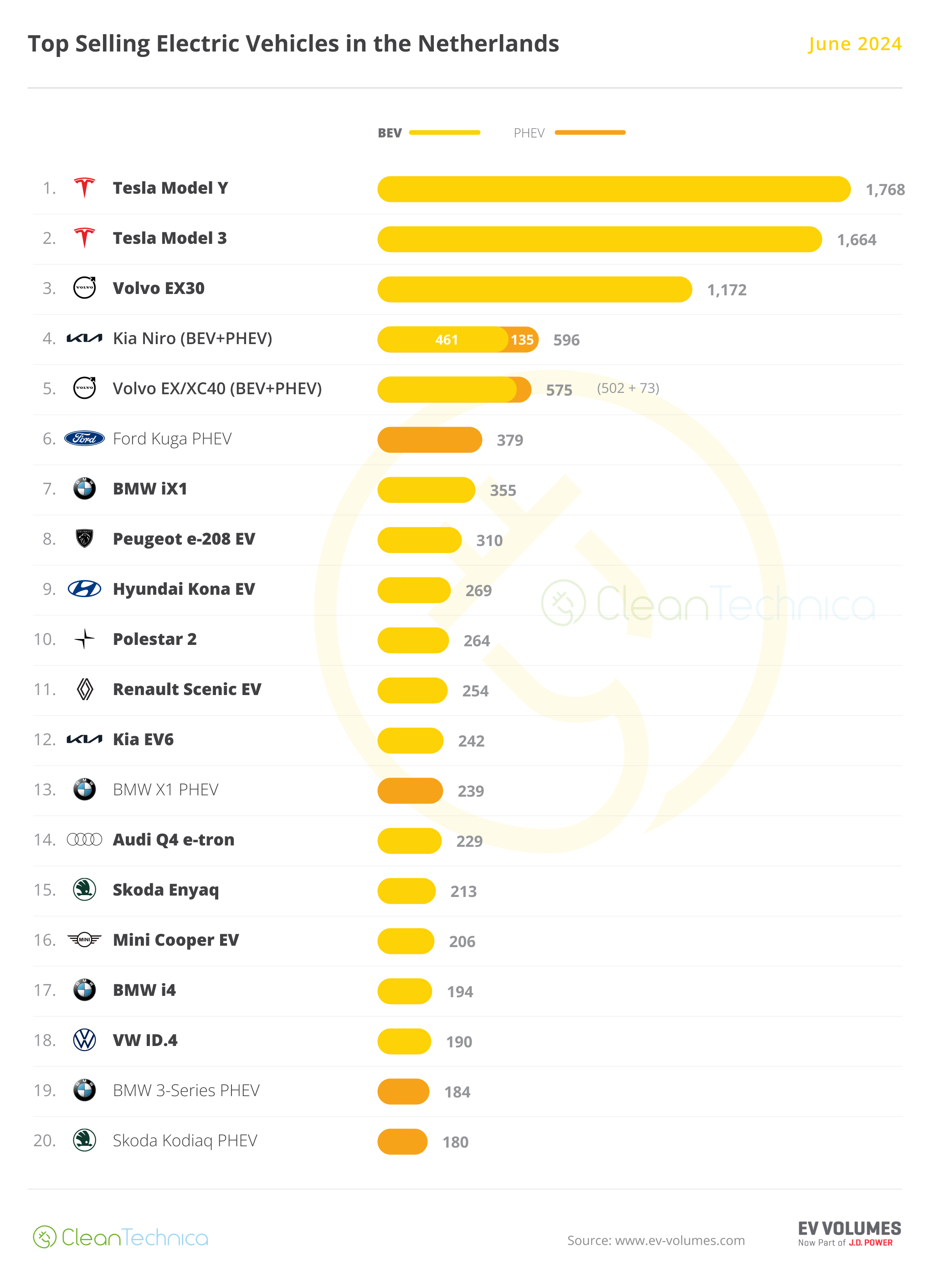Responding to the recent commentary about the idea to spectacularly increase the U.S. money supply via the minting and depositing at the Federal Reserve of one or two platinum coins of trillion-dollar denominations, a friend asks: What would a trillion-dollar platinum coin do to the price of U.S. platinum Eagles?
For whatever it’s worth, I don’t think that the U.S. government’s resort to the platinum coin gimmick would have any more effect on the price of regular platinum coins than its general inflationary effect on all prices.
But like every other institution, the U.S. Mint occasionally makes mistakes, and there’s a laugh in the possibility that the mint might let a trillion-dollar coin escape into public circulation, with a lucky possessor someday walking into a bank to present it and ask for change.

Back in 1893, Mark Twain had fun with a short story based on the concept underlying the platinum coin, i.e. high utility of infinite credit:
“The Million Pound Bank Note” by Mark Twain is a satirical short story about Henry Adams, a penniless American who ends up in London. Two wealthy brothers give him a one million pound bank note as part of a bet to see if he can survive for a month without spending it. Henry’s mere possession of the note brings him unexpected fame and fortune, allowing him to live comfortably on credit — and without ever having to cash or redeem the banknote.
In any event, it’s more likely that the U.S. Mint would make any trillion-dollar coin a lot larger than regular coins and the Federal Reserve would lock it in a special display case for exhibiting to school children so they might be misled as to where money comes from and why their country’s financial system is so modern and “ingenious,” at least while the world is so easily snookered.
*********




